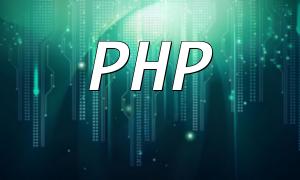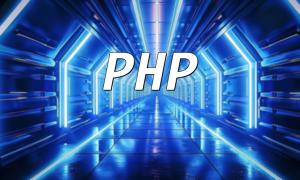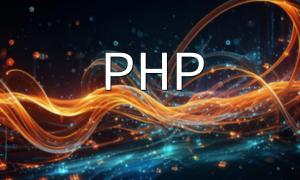Performance is a critical factor for any application, especially PHP applications that often handle a large number of user requests. Therefore, optimizing PHP application performance is essential. This article discusses common performance bottlenecks and their solutions.
Database queries are one of the main factors affecting PHP application performance. Ensuring efficient database queries can significantly improve application response times.
The memory usage of a PHP application directly impacts its performance. Insufficient memory can cause the application to slow down or even crash.
Network requests are another common cause of PHP application performance issues, especially when handling large amounts of data or accessing remote servers.
File I/O and database connections are I/O operations that significantly impact application performance, especially under high concurrency, where I/O can become a bottleneck.
Inefficient code is another source of performance problems in PHP applications. Writing efficient, clean code is essential.
Problem: Application performance slowed down due to slow database queries.
Solution: Optimize database queries with indexes and implement caching mechanisms to store query results. This effectively reduces database interactions and significantly improves application speed.
Understanding and addressing common performance bottlenecks in PHP applications is key to improving overall performance. Regularly monitoring application performance and adjusting optimization strategies accordingly can ensure PHP applications run efficiently at all times.









